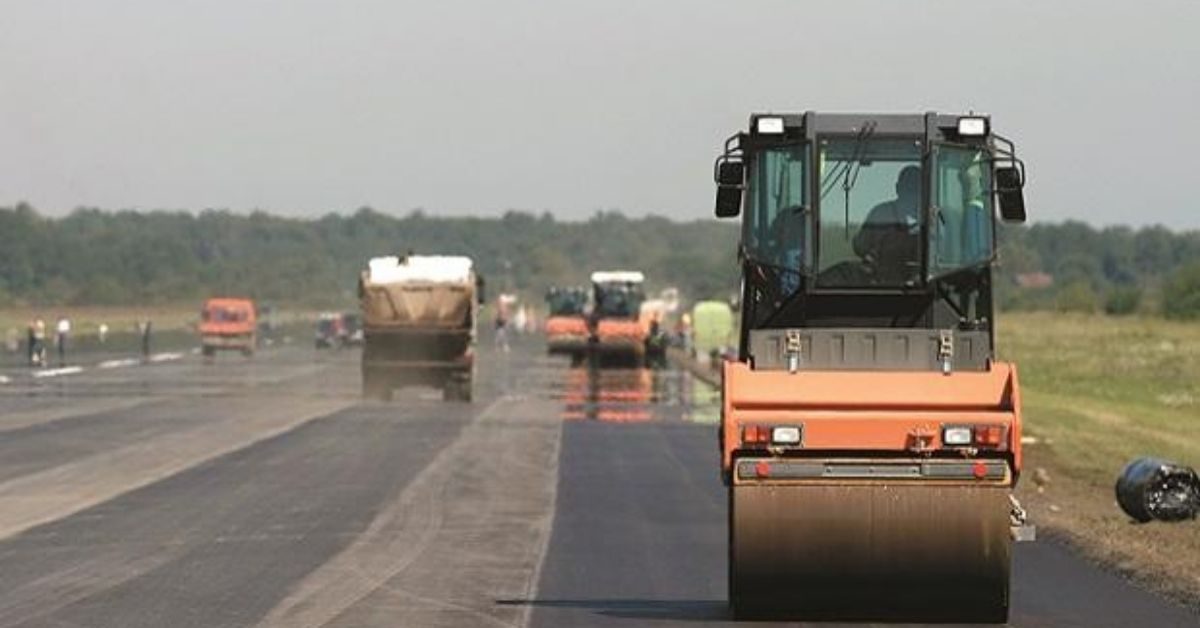Global investment firm KKR on Monday said it will acquire Global Infrastructure Partners’ (GIP’s) entire interest in Highway Concessions One (HC1) and seven highway assets with a total length of 487 kms.
HC1 is a platform in India that manages GIP’s road portfolio. These projects span across seven states, including Gujarat, Karnataka, Madhya Pradesh, Meghalaya, Rajasthan, Tamil Nadu, and Telangana.
GIP is an infrastructure investment fund making equity and selected debt investments.
This is KKR’s maiden investment in the transport sector in Asia. With this acquisition, it aims to strengthen and expand India’s National Highway network, which serves about 40 per cent of total traffic. However, it accounts for only 2 per cent of the country’s road network, it said in a statement.
“Roads are one of the largest and most crucial infrastructure assets in India….We are truly excited to invest in a high-quality platform, and through HC1, play a part in India’s transport infrastructure,” Hardik Shah, managing director (MD) and head of India infrastructure at KKR, said.
KKR made its investment from the KKR Asia Pacific Infrastructure Fund, it added.
This is KKR’s third investment in India from the Fund and its first in Asia’s transport sector.
Recent infrastructure investments in India include India Grid Trust (IndiGrid), an infrastructure investment trust, and Virescent Infrastructure, a renewable energy company in the country. EY and Deloitte acted as advisors while AZB & Partners and Simpson Thacher & Bartlett acted as legal advisors to KKR.
In addition, Wipro sold its stake in hybrid IT services provider Ensono Holdings for $76.24 million (about Rs 51.7 crore) to KKR.
Wipro had acquired a 10.2 per cent stake in the Illinois-headquartered company in March 2018 at an investment of $55 million.
Wipro had signed a long-term partnership agreement with the company when it sold its hosted data centre business to Ensono for a consideration of $405 million. As part of the deal, Wipro transferred 900 employees to Ensono and sold eight data centres to the company.
Source : Business-Standard







